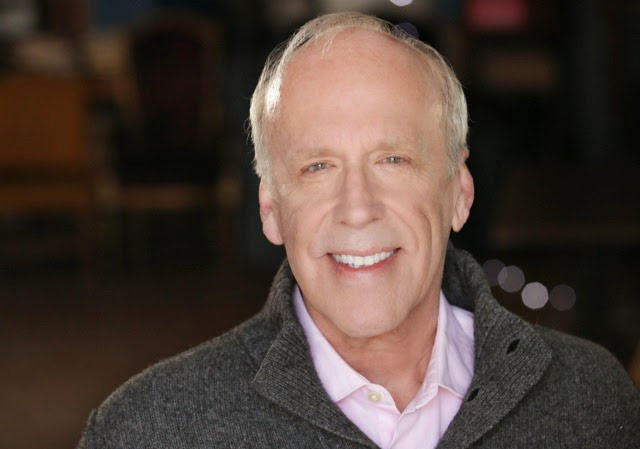
Rhoda and the Fossil Hunt: where opera meets science
InterviewStarting this month, On Site Opera presents Rhoda and the Fossil Hunt, a brand new site-specific opera for young audiences by composer John Musto and librettist Eric Einhorn. The new work, co-commissioned by Lyric Opera of Chicago’s Lyric Unlimited and Pittsburgh Opera, has its debut run in New York, at the American Museum of Natural History’s Hall of Saurichsian Dinosaurs.
The unorthodox opera venue is fitting for the story of Rhoda and the Fossil Hunt, which is based on the true experiences of Rhoda Knight Kalt (soprano Jennifer Zetland) and her trips to the American Museum of Natural History with her grandfather, Charles R. Knight (baritone Robert Orth); Knight was an artist, commissioned by paleontologist and AMNH president Dr. Henry Fairfield Osborn (tenor Patrick Cook) to create paintings and sculptures of prehistoric animals. Rhoda’s hunt for missing fossils happens around Dinosaur Hall, while audiences learn about the relationship between science and the arts.
We spoke with Robert Orth about Rhoda and the Fossil Hunt; he chats about the unique fun of opera for young audiences, and his take on the arts/science common ground.
What do you find uniquely enjoyable about performing for young audiences?
Kids are much more open about opera. They have very few preconceptions. When the audience is just children, they tend to be much more enthusiastic than adult audiences. For Rhoda and the Fossil Hunt, children will be there with their parents, and children behave differently when with their parents. So we’ll see.

How have you considered the performance space in the American Museum of Natural History and the subject matter - arguably unique among operas - in performing Rhoda and the Fossil Hunt?
I presume the acoustics of the museum space will be very lively with a lot of reverb. Performing under and around dinosaur skeletons as we sing about them will be exciting and unique to say the least. That will be our “set”. We will be performing on the floor where the audience is standing, and we will be singing among the audience, not on a stage above them. Singer and listener will be face to face.
What do you think are the strong connections between science and the arts/creativity?
The very physical act of singing involves the science of vocal production and the imagination involved in making the appropriate sounds. Then there’s the science of sound in the creation of musical instruments, and the science of acoustics in performance halls and recording studios. Composers have included scientific subjects and references, from Mozart’s send-up of the real Dr. Mesmer in Così fan tutte, to John Adams’ Dr. Atomic about Robert Oppenheimer and the creation of the atomic bomb. The very act of scientific discovery is a creative one.
Rhoda and the Fossil Hunt plays from September 23 to October 15, Fridays at 11:30am, Saturdays and Sundays at 12:00pm and 2:30pm. Performances are free with museum admission. Click here for full details.


Comments